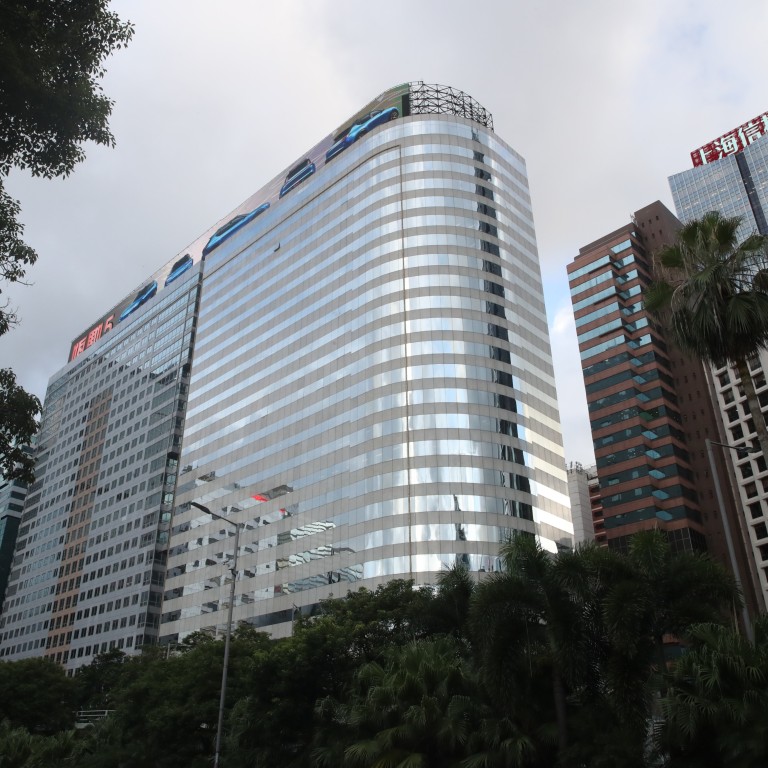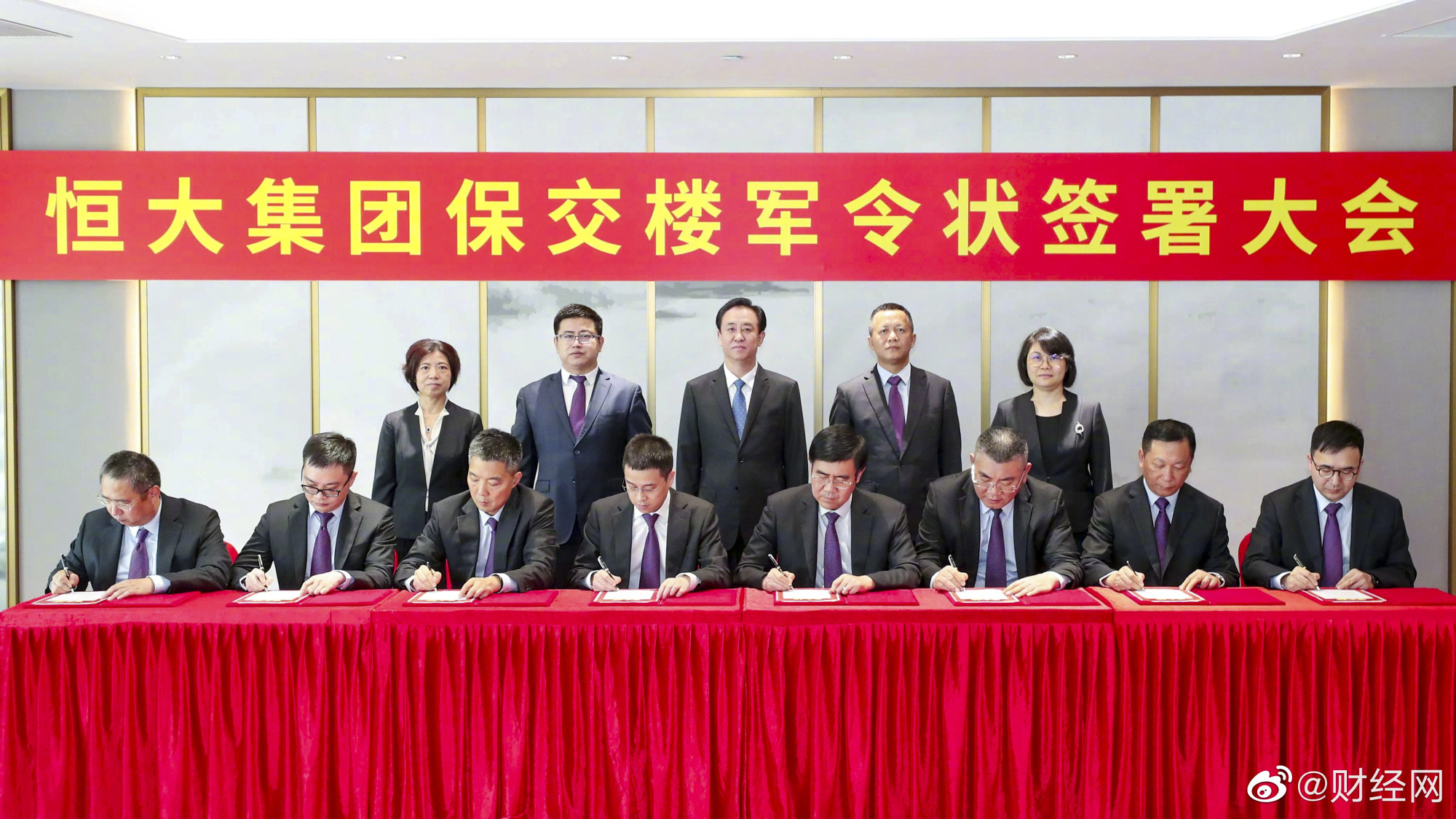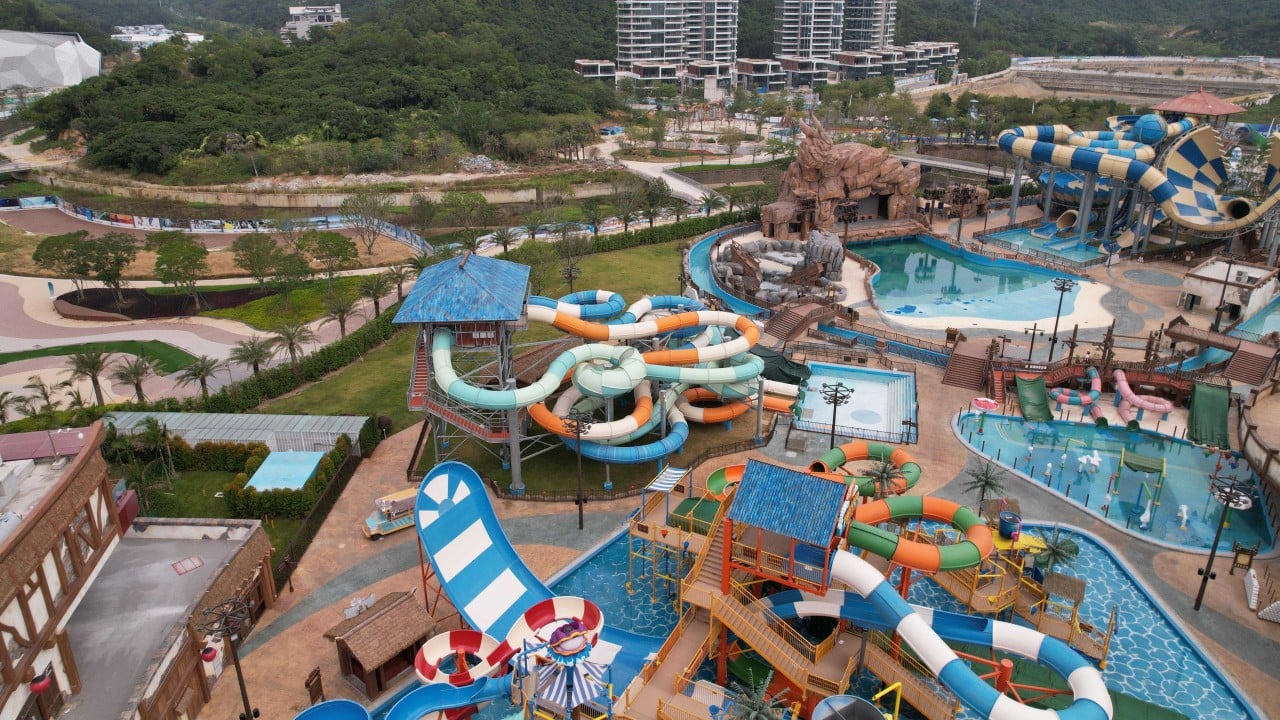
China’s top bourses chastise Evergrande unit Hengda, set to punish senior executives for failing to publish accounts
- Hengda Real Estate failed to published its 2021 annual report to investors by the April 30 deadline last year
- Developer to accept disciplinary action and pledges to rush financial audit to fulfil listing obligations
The company said it will accept disciplinary action imposed on the firm, as well as action against its chairman and general manager Zhao Changlong and chief financial officer Qian Cheng. The punishment will be recorded and disclosed to the public, Hengda said, adding that it would complete its financial audit as soon as possible.
Hengda is an indirect wholly-owned unit of China Evergrande. While the firm is a private company, three of its bonds are listed on both onshore stock exchanges. It last published its annual report for the year 2020 in April 2021, according to exchange data.
The regulatory lapse underscores the existential crisis at its Shenzhen-based parent China Evergrande Group, which has been forced to sell assets and dial back extravagant projects to repair its balance sheet. With almost 2 trillion yuan (US$290.4 billion) of liabilities, the group has defaulted on some US$20 billion of offshore debt and failed to submit its accounts to the Hong Kong stock exchange since late 2021.
China’s fallen property tycoons race against time to fix US$232 billion debt
Chinese companies defaulted on US$54 billion of offshore debt in 2022, or a record 6.2 per cent of outstanding volume, versus US$10 billion in 2020 and US$4 billion in 2015, according to S&P Global Ratings. The default rate among property developers tripled to 25 per cent or US$52 billion, it added.
China Evergrande last month offered to reorganise US$19.2 billion of its foreign-currency debt, through a combination of new bonds maturing in 10 to 12 years and other debt instruments that can be converted into equity in its subsidiaries.

The restructuring plan is seen as a “milestone” for embattled Chinese developers in the same boat, for the level of haircuts needed to overcome the drag. The debt workout remains up in the air, as the group still lacks the majority support to enforce the payback proposal.
So far, a group of investors holding 20 per cent of its defaulted debt has agreed to back the proposal, it said. The developer is offering consent fees to other investors to solicit their support by April 27, according to an exchange filing. The restructuring plan requires consent from creditors holding at least 75 per cent of the debt value.
Trading in Evergrande Group, its property management unit and electric-car manufacturing unit have been halted on the Hong Kong stock exchange pending the debt revamp. A suspension longer than 18 months may lead to expulsion under the listing rules.
Additional reporting by Elise Mak


